+ Description:
Accreditation ▼
Physicians: Educational Symposia is accredited by the Accreditation Council for Continuing Medical Education (ACCME) to provide continuing medical education for physicians.
Educational Symposia designates this enduring material for a maximum of 19.25 AMA PRA Category 1 Credit(s)TM. Physicians should claim only the credit commensurate with the extent of their participation in the activity.
All activity participants are required to take a written or online test in order to be awarded credit. (Exam materials, if ordered, will be sent with your order.) All course participants will also have the opportunity to critically evaluate the program as it relates to practice relevance and educational objectives.
Credits awarded for these enduring activities are designated “SA-CME” by the American Board of Radiology (ABR) and qualify toward fulfilling requirements for Maintenance of Certification (MOC) Part II: Lifelong Learning and Self-assessment.
AMA PRA Category 1 Credit(s)TM for these programs may be claimed until January 14, 2023. This CME activity was planned and produced by Educational Symposia, the leader in diagnostic imaging education since 1975.
This CME activity was planned and produced in accordance with the ACCME Essential Areas and Elements.
Educational Objectives ▼
At the completion of this CME activity, subscribers should be able to:
Discuss the advances in neuroimaging applications and interpretation.
Evaluate intracranial tumors, vascular abnormalities and traumatic brain injury.
Discuss the clinical and imaging manifestations of neurodegenerative disease.
Recognize image characteristics of common neurovascular disease processes.
Utilize CTA and MRA in neuroradiology applications.
Describe the changing role of imaging in the management of spine disease.
Apply state of the art stroke imaging protocols to clinical practice.
Discuss the role of radiology in the treatment of acute stroke.
No special educational preparation is required for this CME activity
Topics/Speaker:
1. AI in Medical Imaging
2. Differential Diagnosis of Basal Ganglia Abnormalities
3. Imaging White Matter Disease
4. Imaging Neurodegenerative Disorders
5. PET MR in Neurologic Disease
6. Imaging the Phakomatoses
7. Gliomas and Tumor Markers
8. MR Imaging of Skull Base Pathology
9. CNS Trauma Lessons from MRI
10. Imaging in Headache
11. Imaging the Found Down Patient
12. Degenerative Disc Disease Pathophysiology and Nomenclature
13. The Radiologist’s Role in Neck and Back Pain Management
14. Advanced Imaging of the Spine
15. Spine Infection and Mimics
16. Regenerative Medicine A Primer for Radiologists
17. Spine Oncology Imaging and Interpretation
18. MRI of Spine Trauma
19. Acute Stroke Imaging and Therapy Neuroradiology in the Leadership Role
20. CT of Acute Stroke
21. Stroke Neurology Differentials and Clinical Diagnosis
22. Brain Aneurysms Basics and Treatment Options
23. Stroke Imaging Update
24. Imaging of Acute Hemorrhage and Ischemic Stroke
25. Stroke Thrombectomy Data, Literature, and Guidelines Review
26. Rapid Protocols in Acute Ischemic Stroke
27. Practical Tips for Opening the Occlusion How I Do It
28. MR Angiography Techniques Imaging Options and Physics
29. Emergency Stroke Triage
30. Stroke Epidemiology and Risk Factor Management
31. Evaluation of Vasospasm and Delayed Ischemia
32. Acute Management of Stroke

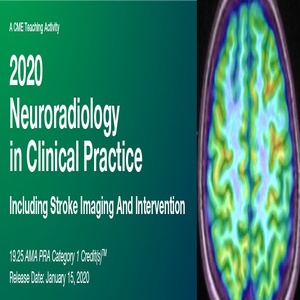
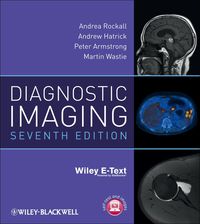
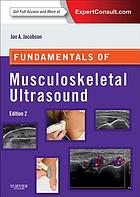
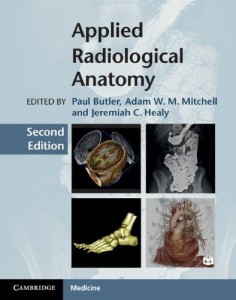
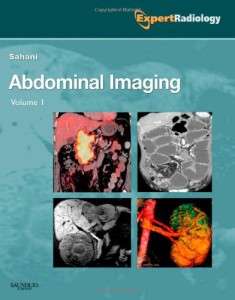
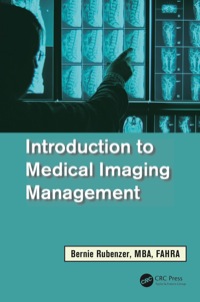
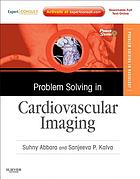
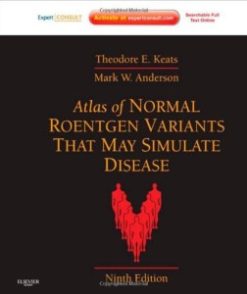
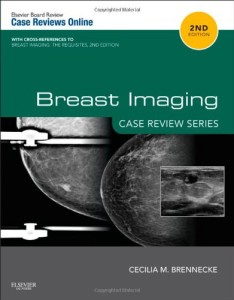
Reviews
There are no reviews yet.